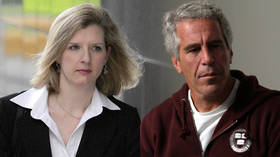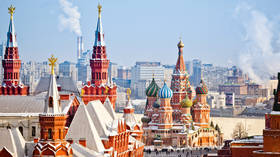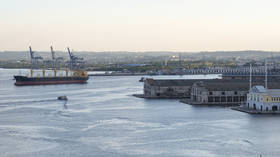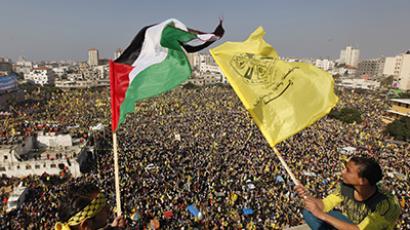Gaza blackout: Press ban breeds mistrust between Israelis, Palestinians
Truth is the first casualty of war, and that’s equally true for people whose job is to speak the truth. Journalists covering the Israeli-Palestinian conflict often face pressure and obstruction, preventing the two sides from understanding each other.
RT’s Paula Slier spoke with some of her colleagues, who talked about how they have tried to tell the stories of Palestinians and Israelis across the frontlines of the conflict. These journalists have also had first-hand experience with just how difficult a task this can be for reporters.
Sami Al-Ajrami is a Palestinian from the Gaza Strip, who used to work in the Israeli media before the ruling Hamas party banned such employment. He cannot understand the ban, he said, which has closed off yet another way of delivering the Palestinian message to Israel.
“Israel is using the media in its war against us,” Al-Ajrami told RT. “In this war journalists are under attack. They want to kill all our words and reports that prove that there were war crimes in Gaza.”
Ohad Hemo is an Israeli who used to work in Gaza until six years ago, when Israel banned all its journalists from working in the region over security issues. He believes that the Hamas ban hurts future prospects for reconciliation.
“I think that the problem of Hamas is normalization, and connecting, trying, working with the Israeli media,” Hemo explained.
Now, only party-sanctioned journalists can report from Hamas territory, resulting in a virtual media blackout. The lack of real information perpetuates stereotypes on both sides of the divide, which has done nothing but breed hatred and distrust, Slier reported.














